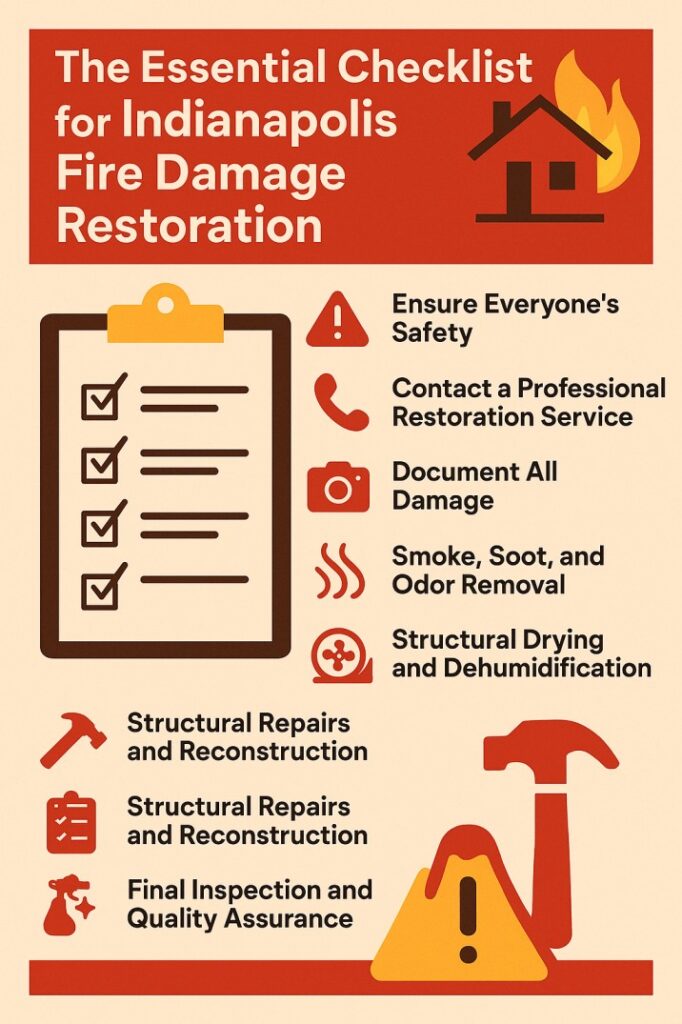When it comes to the health and well-being of a woman during pregnancy and beyond, mother care plays a crucial role. It is not just about physical wellness but also about emotional and psychological support that every mother needs throughout her motherhood journey. From the early stages of pregnancy to postpartum recovery, a well-structured mother care plan ensures safety, comfort, and long-term health for both the mother and the baby.
Prenatal Care: The Foundation of Healthy Motherhood
Regular Health Check-Ups
Prenatal care begins as soon as a woman finds out she is pregnant. Timely and routine check-ups with a healthcare provider help monitor the health of the mother and the developing fetus. These visits often include ultrasound scans, blood tests, and physical examinations to ensure everything is progressing smoothly.
Nutritional Support During Pregnancy
A balanced diet during pregnancy is one of the pillars of proper mother care. Expecting mothers need to consume nutrients like folic acid, iron, calcium, and protein to support the growth of the baby and maintain their own health. Consulting a nutritionist to develop a pregnancy-specific diet plan can make a significant difference in overall wellness.
Physical and Emotional Well-Being
Physical comfort during pregnancy involves practicing safe exercises, managing body changes, and ensuring adequate rest. Just as important is emotional support. Hormonal changes can lead to mood swings, anxiety, or even depression. Having access to therapy or support groups can help pregnant women navigate these emotional shifts.
Preparing for Childbirth with Confidence
Birth Plans and Hospital Selection
One essential element of mother care is preparing for childbirth well in advance. Creating a birth plan, choosing a trusted hospital or birthing center, and understanding available delivery options can reduce stress and increase confidence when the time comes.
Prenatal Classes and Education
Attending childbirth education classes equips parents with the knowledge and tools to handle labor, delivery, and newborn care. These classes often include breathing techniques, pain management methods, and tips for post-delivery recovery.
Postnatal Care: Supporting the Mother After Birth
Physical Recovery After Delivery
After giving birth, a woman’s body needs time and support to heal. Postnatal care focuses on managing bleeding, perineal pain, and cesarean incision recovery, if applicable. Rest, proper hygiene, and appropriate medication help mothers regain strength.
Breastfeeding Support and Nutrition
Breastfeeding offers numerous benefits to both the baby and the mother, but it can also come with challenges. Mother care includes access to lactation consultants, proper hydration, and continued nutritional intake to ensure successful breastfeeding.
Emotional and Mental Health Support
Postpartum depression affects many new mothers. It is critical to recognize symptoms early and seek help. Whether it’s through professional therapy, family support, or online communities, emotional well-being should be a priority in postnatal mother care.
Long-Term Mother Care Strategies
Reproductive Health Maintenance
Women must continue to take care of their reproductive health post-pregnancy. This includes regular gynecological checkups, contraceptive planning, and management of any postnatal complications.
Healthy Lifestyle Practices
Maintaining a healthy lifestyle after childbirth supports overall well-being. Regular exercise, a balanced diet, and stress management contribute to long-term physical and emotional health. These habits also set a positive example for children growing up in the household.
Time Management and Self-Care
Motherhood can be overwhelming, but setting boundaries and allocating time for self-care is vital. Whether it’s a hobby, meditation, or a short break during the day, personal time rejuvenates the mother’s energy and mental focus.
Role of Family and Community in Mother Care
Involving Partners and Family Members
Family support, especially from spouses or partners, plays a vital role in effective mother care. Shared responsibilities, emotional encouragement, and physical help reduce the mother’s stress and promote a more balanced household.
Access to Community Resources
Mothers benefit greatly from community resources such as parenting classes, healthcare programs, and support groups. These services provide valuable information, guidance, and solidarity during challenging times.
Modern Innovations in Mother Care
Technology and Mobile Apps
The rise of mobile health apps has transformed how mothers manage their care. From tracking fetal movements and contractions to getting reminders for appointments and medications, technology empowers mothers with timely and relevant information.
Online Consultations and Telehealth
Especially useful in remote or busy settings, telehealth services allow mothers to consult doctors, therapists, or lactation specialists from the comfort of their homes. This accessibility ensures continued care without travel stress.
Economic and Workplace Considerations
Maternity Leave and Workplace Rights
Understanding maternity leave policies is key to planning postnatal care. Employers must provide adequate paid or unpaid leave so mothers can recover and bond with their newborns. Awareness of rights under local labor laws ensures mothers are treated fairly.
Balancing Career and Motherhood
Returning to work after childbirth presents unique challenges. Proper mother care includes planning a gradual return, securing childcare, and maintaining a healthy work-life balance. Supportive workplaces that provide flexibility and understanding can make a significant difference.

Challenges in Accessing Mother Care
Rural and Low-Income Settings
In many areas, especially rural or underprivileged communities, access to quality mother care remains limited. Public health programs, mobile clinics, and awareness campaigns are vital in bridging this gap and ensuring all mothers receive the care they need.
Breaking Cultural Barriers
In some societies, cultural beliefs and taboos may discourage mothers from seeking proper care. Education and open dialogue can help change mindsets and promote healthier practices rooted in science and compassion.
Conclusion: Empowering Mothers for a Healthier Tomorrow
Mother care is a comprehensive process that begins before birth and continues throughout a woman’s life. From medical attention and nutritional needs to emotional support and technological tools, every aspect of care contributes to a mother’s ability to nurture, grow, and thrive. By creating strong support systems, increasing awareness, and making healthcare more accessible, we can ensure every mother gets the care she deserves—leading to healthier families and stronger communities.










